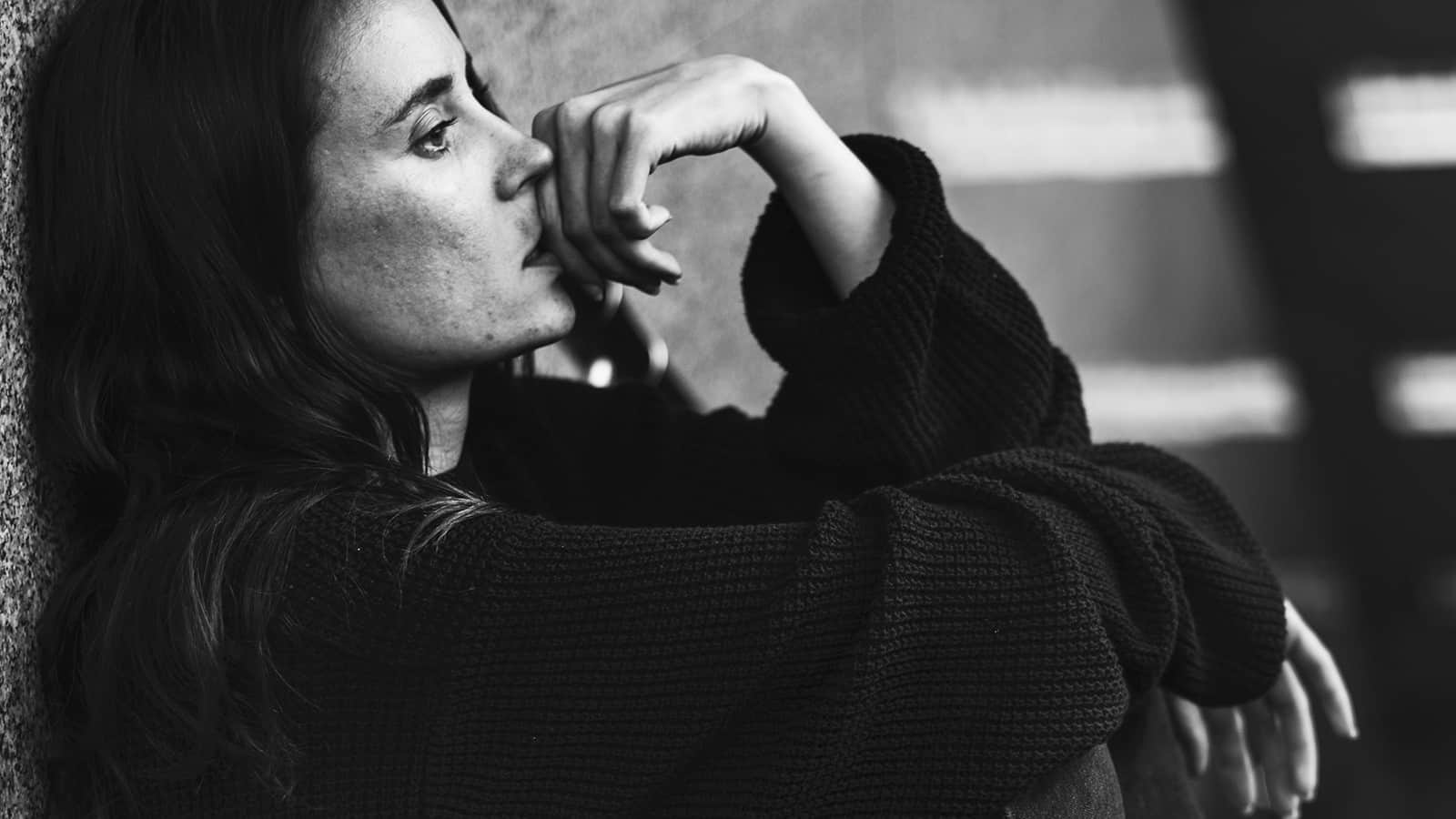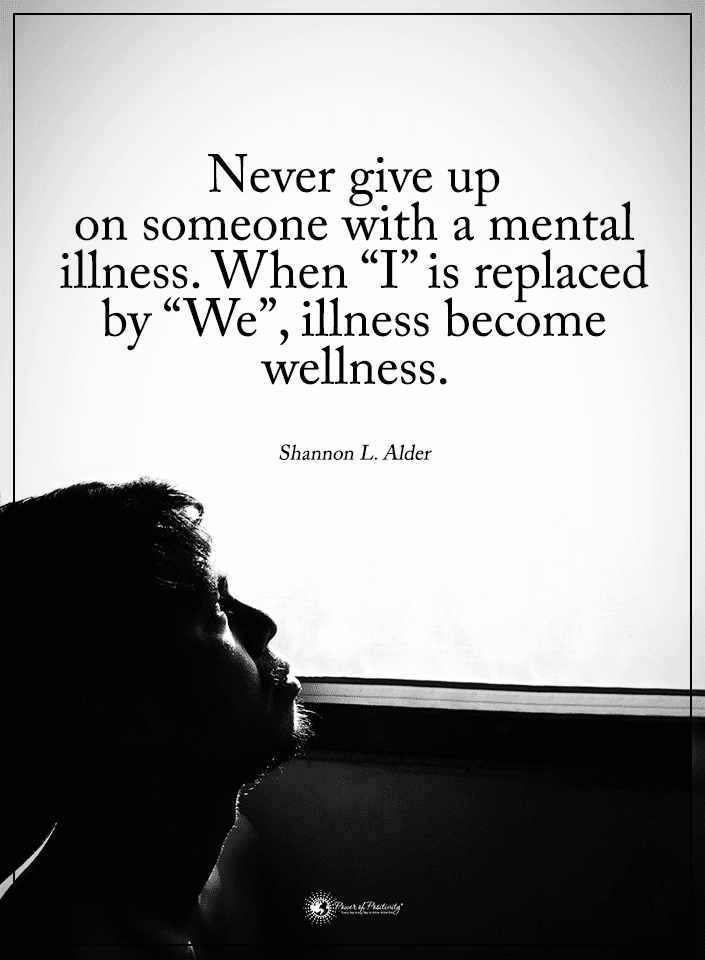Children of addicted parents do not forget the emotional, psychological, and spiritual pain inflicted upon them. Often, they carry it well into adulthood. These children are all-too-familiar with negative emotions. First, they feel helpless and alone. Also, sometimes they develop deep anger or depression. And, of course, fear is constant. Such emotions often solidify their pain and these feelings linger below the surface. Put simply, seeing one’s parents destroy themselves through addiction is traumatic. If a concerned third party does not intervene, many children of addicts never recover from the turbulent household environment they grew up in.
Behavioral scientists note that addicts believe their actions to be harmful only to themselves – if at all. The lens of substance abuse clouds their perception. In reality, addiction is officially recognized by these same experts as a family disease. It inevitably drags those who love and care for the addict down with them. Family members of addicts don’t need an expert to state what is plainly obvious to them: that the household of an addict is rife with abuse, dysfunction, and uncertainty.
Research shows that as the child of an addicted parent gets older, the lingering effects of past trauma will remain if no efforts at resolution or healing occur. This conclusion holds true across a wide range of demographics – including victims of child abuse, neglect, and isolation. Importantly, most children of addicted parents are unavoidably subjected to emotional abuse and neglect. This takes place due to having an addicted caretaker.
Seven Adult Behaviors of Someone Who Had Addicted Parents As A Child
“My father totaled the family car during a bender, stole the savings from my parents’ joint bank account, showed up at my mother’s office begging for money to buy drugs, and tried to pick us up at school without permission.” – Alana Levinson: Surviving the Secret of Childhood Trauma of a Parent’s Drug Addiction
1. Anxiety and depression
Fortunately, most of us will never face the persistent, debilitating anxiety that affects some adult children of addicts. A study published in the journal Nature cites the hormonal, cognitive, and social developments of childhood. This study suggests that, for children of addicts, physical changes to the brain likely increases the development of anxiety and depression. This negative physical effect often carries on into adulthood.
“One of the things that happens when you’re really young is that your brain makes associations … and a lot of these things are stored and processed in an unconscious way.” – Bruce D. Perry, child and adolescent psychiatrist, senior fellow at the ChildTrauma Academy
2. Impulsiveness
In some ways, the child who witnessed the self-destructive behavior of an addicted parent is never allowed to grow up. While that may sound cliché, it is true. Indeed, adverse childhood experiences leave a deep impact on a child’s personality. Addicts are nothing if not impulsive. For example, they place their desire for a substance above everything – even the emotional well-being of their children. An adult child of an addict can mirror these behaviors.
3. Separation and withdrawal
Long-term exposure to emotional and psychological trauma leads to the tendency to separate and withdraw from one’s social circle. If not for the intervention of a concerned third party, children of addicts have no means of escaping their toxic home environment. When exposed to isolating experience for extended periods, fear may cause them to withdraw.
4. A sense of shakiness or instability
A well-documented behavior of complex post-traumatic stress disorder (C-PTSD), this condition afflicts many adults who had addicted parents. These general feelings of “shakiness and instability” are also the result of being exposed to a toxic and volatile environment. This sense of instability leads a child of an addicted parent to have fears. Such fears might include fear of having a nervous or emotional breakdown. Fortunately, the person usually doesn’t experience such a breakdown.
5. Catastrophizing
Catastrophizing is defined as “an irrational thought … in believing that something is far worse than it actually is.” Imagining the worst possible outcome marks this behavior. Psychologically, the tendency to catastrophize is likely a learned behavior or a symptom of clinical anxiety and depression. Children with addicted parents continuously live in an unstable environment. Sadly, they learn to fear the worst.
6. Fear of rejection
Children of parent-addicts rarely receive the love and healthy support they need to develop socially. They tend to develop abandonment issues, including the fear of rejection. These conditioned response develop from this lack of crucial love and support, which should be naturally and freely given by parents. This fear of rejection often evidences from an early age, such as in the child’s social interactions (or lack of them). If their social development remains stunted, these fears often manifest in future relationships. As an adult, they may fear intimacy or commitment.
7. Substance abuse
Finally, children of addicted parents face the genuine risk of substance abuse. While addiction stems from both environmental and genetic reasons, a child’s upbringing can certainly play a part. Thousands of scientifically-validated studies demonstrate a link between genes and addiction. One leading study, published in the American Journal of Psychology, concludes that genetics are the determining factor in 50 to 60 percent of substance abuse cases.
Getting Help …
If you are a child of a parent-addict:
Call the NineLine Hotline (free and open 24/7): 1-800-999-9999
Or visit “Voice for the Children”: https://nacoa.org
If you are seeking help for substance abuse:
Call the SAMHSA Hotline (free, 24/7, in English and Spanish): 1-800-662-4257
Or visit the SAMHSA website: www.samhsa.gov
If you want to help:
Your First Step: https://yourfirststep.org (Multiple charities for volunteering or donating.)
Voice for the Children: https://nacoa.org
https://youtu.be/Swrvh0TowUw
(C)Power of Positivity, LLC. All rights reserved
Sources:
https://nacoa.org
http://www.samhsa.gov
https://www.addictionsandrecovery.org/is-addiction-a-disease.htm
https://www.goodtherapy.org/learn-about-therapy/issues/abandonment
https://www.nature.com/articles/npp2012133
https://psmag.com/social-justice/surviving-secret-childhood-trauma-parents-drug-addiction-94354
https://www.ptsd.va.gov/public/family/ptsd-children-adolescents.asp
https://www.addictionsandrecovery.org/is-addiction-a-disease.htm
https://www.goodtherapy.org/learn-about-therapy/issues/abandonment
https://www.nature.com/articles/npp2012133
https://psmag.com/social-justice/surviving-secret-childhood-trauma-parents-drug-addiction-94354
https://www.ptsd.va.gov/public/family/ptsd-children-adolescents.asp














 Community
Community

